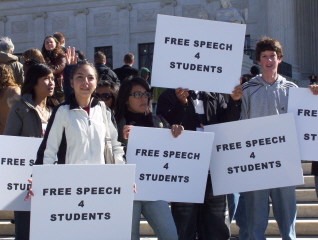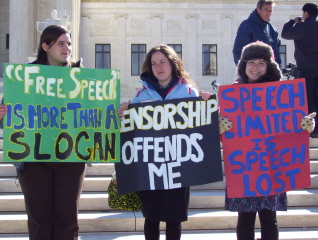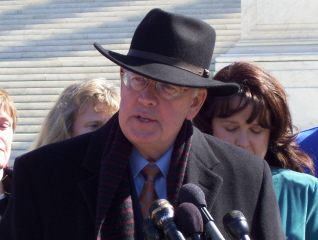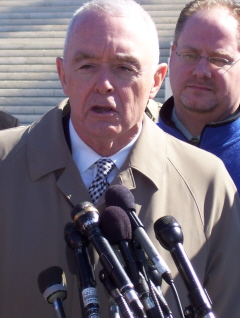More Fun With Numbers at ONDCP
Press releases from the Office of National Drug Control Policy are so distorted and misleading, they are better suited to make paper airplanes than inform the public.
Yet another example of their ritualistic deception campaign occurred this week with the announcement that youth drug use has reached exciting lows:
New Survey Shows Youth Drug Use at Five Year Low, 25 Percent Drop in Pot Use Among Teen Boys
Overall illicit drug use among teens ages 12-17 is at a five year low, according to the largest and most comprehensive study of drug use in the United States, released today. [PushingBack.com]
You'd be forgiven for thinking this means youth drug use has been going down recently. But alas, it has not.
Illegal drug use among U.S. teens didn't drop for the first time since 2002, according to a government report released Thursday.
â¦
Overall drug use rates had fallen steadily before last year. But last year's slowdown threatens to undermine President Bush's stated goals to cut drug abuse by 25% by 2007. [WebMD]
Kudos to WebMD for doing some actual research instead of mindlessly repeating ONDCP's predictable propaganda. If there's a story here, it is that a downward trend in youth drug use may be leveling off and that ONDCP's goals might not be achieved.
Now, to be fair, ONDCP isn't really lying here. They're merely feigning excitement about a downward trend that actually ended a year ago. Ultimately, youth drug use rises and falls for reasons so far beyond the government's control that they should be neither credited nor blamed regardless of what happens.
Jacob Sullum has more.

 Ken Starr, counsel for the bad guys:
Ken Starr, counsel for the bad guys:
 Former US drug czar Barry McCaffrey (also there for the bad guys):
Former US drug czar Barry McCaffrey (also there for the bad guys):
 More demonstration and press conference pictures (click the "read full post" or title link in this post to see the rest if you don't already see them):
More demonstration and press conference pictures (click the "read full post" or title link in this post to see the rest if you don't already see them):